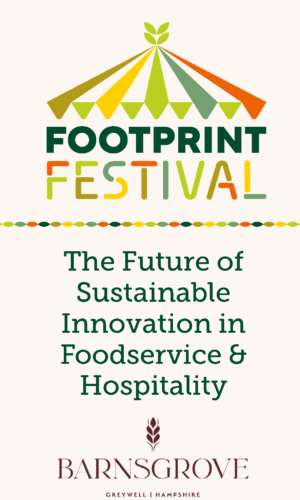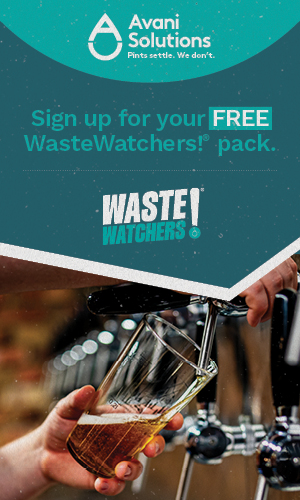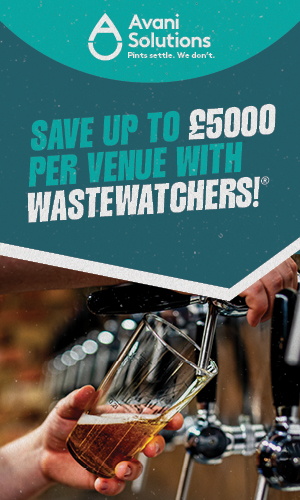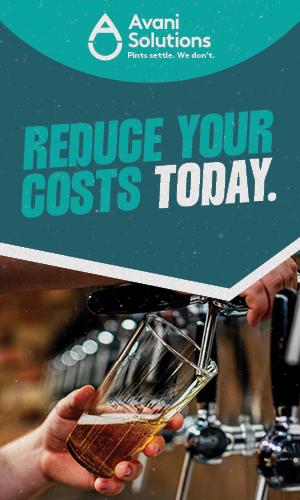Almost 60 academics will be writing to MEPs on Monday warning them about “misleading” industry-funded studies, including those by McDonald’s and the European Paper Packaging Association (EPPA), that show single-use paper packaging to be ‘more sustainable’ than reusable options.
The letter, coordinated by NGOs the Environmental Paper Network and Fern and seen by Footprint, highlights how the reports directly contradict the European Commission’s Impact Assessment and the UN report on single-use, and are “sowing doubt” about whether new policies are needed to reduce overall amounts of packaging.
In March, McDonald’s published a report and built an accompanying website called ‘No silver bullet’ that questioned proposals in the packaging and packaging waste directive (PPWR) to set reuse targets for various packaging formats and ban single-use packaging when people are dining in (as France has already done). The European Paper Packaging Alliance (EPPA) has also released studies claiming single-use paper packaging in quick service restaurants is more sustainable than reusable options.
The PPWR proposals have created quite a stir in Brussels, with DeSmog reporting it as “the largest-scale lobbying effort [some insiders] have ever witnessed in the European Parliament”.
The 58 academics, all specialists in impact assessments, say the industry-funded reports are flawed, noting that assumptions on the weight of reusable products, as well as their washing and transport logistics, are central to the results of impact assessments. One EPPA study assumes low return rates, decentralised washing and excessive weight and return transport for reusable packaging.
“Garbage in, garbage out,” said Dario Cottafava, postdoctoral researcher at the University of Turin and one of the lead signatories of the letter. The results of impact assessments “can be manipulated,” he added, and “given certain assumptions and hypotheses, we can obtain any result”.
Indeed, life cycle assessments (LCAs) are static snapshots of the environmental impacts of a product and as such must be carefully evaluated. “[…] small variations in assumptions (the rate of return, breakage rate, or weight) completely affect outputs and results and can undermine their validity,” Cottafava explained.
The letter stresses that comparing single-use packaging with such static snapshots of reuse options is misleading. “[…] while it is straightforward to compare two single-use products which go from cradle to grave in one go, it is more complex for products used multiple times, where it is the business model – not the product – which is evaluated,” they write, adding that multiple reuse scenarios must be compared to assess the point at which reuse systems become environmentally advantageous (called the ‘break-even point’).
The academics also provide a checklist for lawmakers to consider as they look through the evidence supplied by industry. This includes ensuring the study is peer-reviewed and conducted using the ISO14040 and 14044 standards for LCAs, details clear hypotheses and assumptions, and integrates “dynamic comparisons”. EPPA’s report, conducted by Ramboll, adheres to the ISO standards but falls short on every other criteria. McDonald’s report, conducted by Kearney, doesn’t meet any of the criteria the academics list.
“Any report which assesses environmental impacts without transparency of data, a peer-review process or respect for established frameworks cannot be considered a good environmental impact assessment and so caution should be exercised when considering the results and recommendations,” the assessment specialists explained.
McDonald’s and the EPPA were both approached for comment.
Zero Waste Europe, together with reusables platform Reloop, collection and sorting company Tomra, last month published a paper written by consultants Eunomia highlighting “critical flaws” in the McDonald’s and EPPA reports; this included using a baseline scenario that favours a particular outcome and using “pessimistic” return rates.
In a separate study this month they showed that reusable packaging could produce fewer emissions than single-use for some types of packaging, provided the collection, return and washing systems are efficient. There is a “strong case” for reusable cups, for example, which could break even with single-use after just six uses, but heavier containers like pizza boxes are “difficult to justify” at the moment and therefore require more innovations in design.
Earlier this week, Matti Rantanen, director general at the EPPA, took to social media to claim that single-use packaging presents “clear advantages” over reusables in certain sectors and that is “undoubtedly [the case] in the food sector”.
Of the studies commissioned by the association, he said: “The significance of the life cycle assessments (LCAs) conducted by Ramboll, a renowned LCA practitioner working with the European Commission, should be front and centre for the discussions happening on the topic. It’s crucial to base our ambitions on credible scientific assessments and systems that really work in practice and not on hypothetical ones,” he added.
Debates over the PPWR proposals are ongoing and delays are likely.









